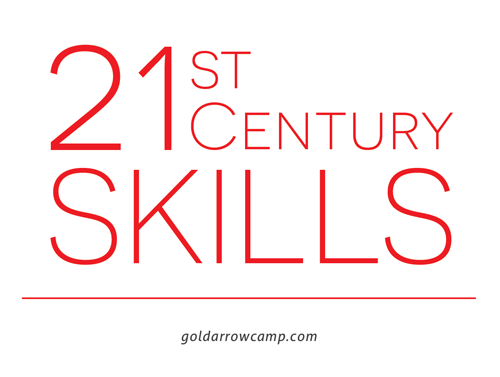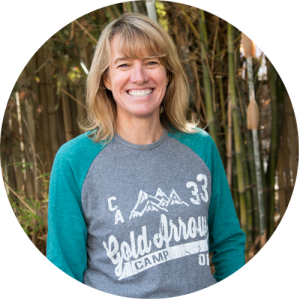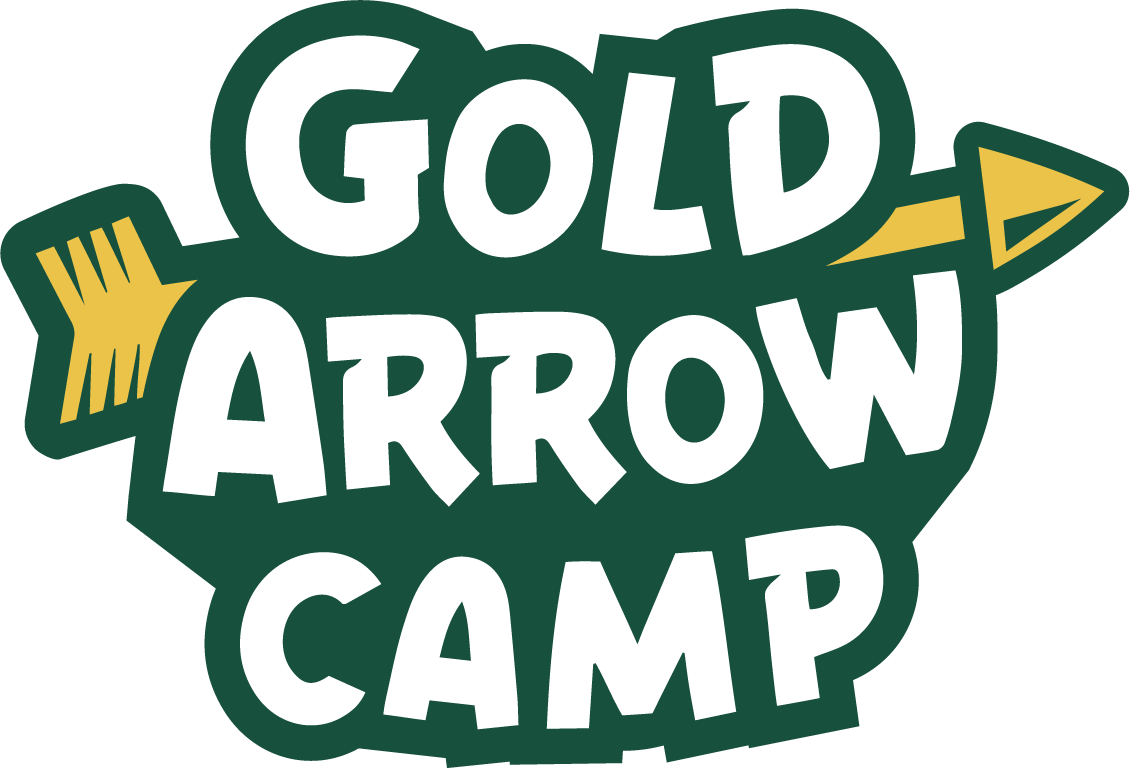How Camp Teaches 21st Century Skills

“A profound gap exists between the knowledge and skills most students learn in school and the knowledge and skills they need for success in their communities and workplaces.”
-Partnership for 21st Century Skills
“Having started at Gold Arrow as a little seven year old, I have grown up here. Camp has become my home away from home, and I can honestly say it has shaped who I am today. It has given me confidence and taught me skills far beyond learning how to wakeboard or horseback ride. I am comfortable with myself, I am patient, and I have learned how to become a leader.”
-Katie “Rascal” Baral, 10 year Camper
Parents, educators, and youth development professionals are well-versed in the phrase “21st Century Skills.” The phrase encompasses our current understanding of the urgent need for our children to be learning more than how to read, write, and do math. There are many other skills needed to grow into productive, successful adults. As I look at the list of 21st Century Skills, I am struck by how many of the skills are intentionally modeled and taught at camp. Following are five specific 21st Century skills that children learn at camp:
Working Creatively with Others
Campers learn to work creatively with others through working towards goals with their cabin group. Even something as simple as collaborating on a skit, song, or dance requires being open and responsive to different perspectives and incorporating group input. An important aspect of creativity and innovation is being able to “view failure as an opportunity to learn.” At camp, with every new and challenging activity, campers are encouraged to challenge themselves and persevere past failure. They learn that “creativity and innovation is a long-term, cyclical process of small successes and frequent mistakes.”
Communication
From the moment they arrive at camp, campers have the opportunity to practice and hone their communication skills. Gathered around the campfire on the first evening, campers talk about themselves in front of their small cabin group. They also listen to others share about themselves. At meals, campfires, and while walking around camp and participating in activities, counselors guide discussions about deeper issues and make sure all campers participate, even those who are less outgoing. Listening skills are addressed and enhanced through practice. Without the distractions and escape of technology, campers practice articulating thoughts and ideas and listening to the ideas of others throughout their time at camp.
Collaboration
When working together at Team Building, during cabin clean up, or while preparing for a performance, campers learn important collaboration skills. They learn that they need to be flexible. They often learn another important collaboration skills, which is that it is often necessary to make compromises to accomplish a goal. Counselors encourage campers to share responsibility for tasks and work together. Campers are also encouraged to value and acknowledge each individual contribution made by team members.
Social and Cross-Cultural Skills
Learning to interact effectively with others is an important social skill that doesn’t come naturally to all people. At camp, counselors guide campers to learn when it is appropriate to listen and when it is appropriate to speak. Counselors also require that campers respectfully listen to others’ opinions and treat others with respect.
For many campers, their time at camp is their first opportunity to meet and live with people from other cultures. Camp offers the opportunity for kids to form friendships with staff and campers from other countries. Camp provides the opportunity for campers to gain a respect for and work effectively with people from a range of cultural backgrounds. On International Day each session, we celebrate and learn about our international campers and staff.
Leadership and Responsibility
Guiding and leading others is an important 21st Century skill. In campers’ early years at camp, they learn basic responsibility for themselves and those around them. Even our youngest campers have the opportunity to lead others in a song or game. As they get older, campers gain more of an understanding of how their words and actions influence others, and they learn how to positively use their leadership skills.
While academics are important, children need other skills to be successful. Camp offers an ideal setting for campers to learn and enhance many of the non-academic 21st Century Skills. One line of our camp song says, “I sure did learn much more here than I ever did at school.” And, when learning is viewed as more global than the subjects listed on the report card, that is an incredibly profound and true statement.
Read about all of the 21st Century Skills at www.p21.org.

Audrey “Sunshine” Monke, MA, has been the owner of Gold Arrow Camp since 1989 and currently serves as the Chief Visionary Officer. In addition to her vision-casting and mentoring at GAC, Sunshine is an author (Happy Campers: 9 Summer Camp Secrets for Raising Kids Who Become Thriving Adults), podcast host, speaker and coach on the topics of parenting, social skills, and happiness. Find out more at her website, Sunshine Parenting.
